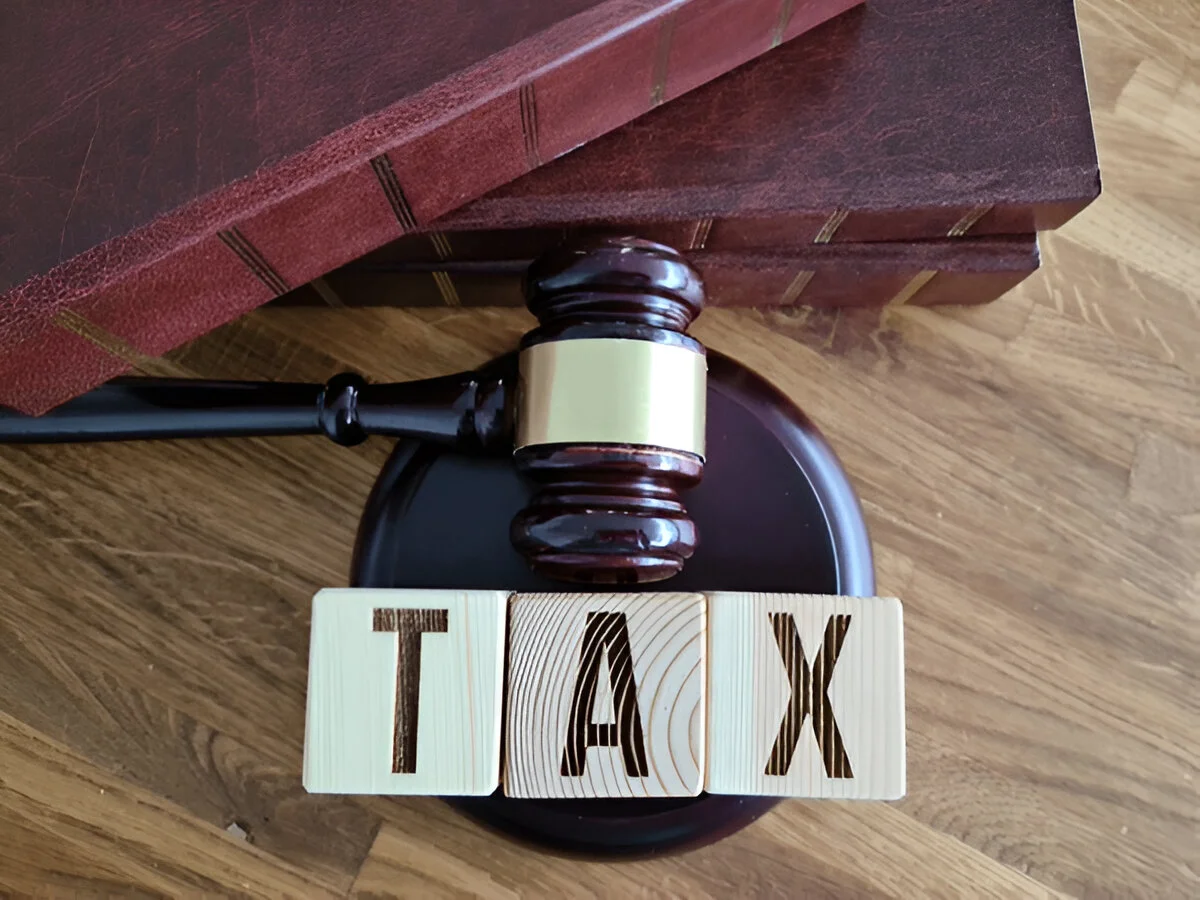In the UAE, the introduction of taxation systems such as Value Added Tax (VAT) and Corporate Tax has brought new legal challenges for businesses and individuals. Tax disputes in the UAE typically arise from disagreements between taxpayers and the Federal Tax Authority (FTA) over tax assessments, penalties, or refunds. The country has established formal mechanisms to resolve these disputes efficiently and fairly.
Common Causes of Tax Disputes in the UAE
- VAT Disputes
- Incorrect application of VAT rates.
- Disagreements over input tax recoveries.
- Non-compliance with VAT registration requirements.
- Corporate Tax Disputes
- Misinterpretation of taxable profits under the new corporate tax regime.
- Transfer pricing adjustments in multinational companies.
- Penalties and Fines
- Challenges to administrative penalties imposed for late filing or incorrect tax returns.
- Tax Refunds
- Disputes over denied or delayed VAT refunds.
- Errors in Tax Declarations
- Incorrect reporting of taxable supplies or profits.
Tax Dispute Resolution Mechanism in the UAE
The UAE has established a structured process to handle tax disputes, ensuring transparency and fairness:
- Reconsideration Request
- Taxpayers must first submit a reconsideration request to the Federal Tax Authority (FTA) within 20 business days of receiving the disputed tax assessment or penalty notice.
- The FTA reviews the request and issues a decision within 20 business days.
- Objection to the Tax Disputes Resolution Committee (TDRC)
- If unsatisfied with the FTA’s decision, the taxpayer can escalate the matter to the Tax Disputes Resolution Committee (TDRC) within 20 business days.
- The TDRC acts as a quasi-judicial body to review tax disputes.
- Litigation in UAE Courts
- If the dispute remains unresolved, the taxpayer can file an appeal in the competent UAE court.
- Court litigation is the final stage and typically involves legal representation.
Key Features of Tax Litigation in the UAE
- Strict Timelines: Taxpayers must adhere to strict deadlines for filing requests and appeals at each stage.
- Submission Requirements: Comprehensive documentation, including evidence supporting the taxpayer’s claims, must be provided.
- Finality of Court Rulings: Decisions by UAE courts are binding and enforceable.
Best Practices for Managing Tax Disputes
- Maintain Accurate Records
- Ensure all tax-related documents are up-to-date and properly maintained.
- Seek Expert Advice
- Engage tax consultants or legal advisors familiar with UAE tax laws to address complex issues.
- Comply with Deadlines
- Avoid missing any statutory deadlines for filing objections or appeals.
- Understand the Laws
- Familiarize yourself with UAE tax laws, including the VAT Law and Corporate Tax Law, to minimize errors.
Conclusion
The UAE’s tax dispute and litigation framework aims to provide an efficient resolution process while upholding the principles of fairness and accountability. By following established procedures and seeking professional guidance, taxpayers can resolve disputes effectively and mitigate potential financial risks.






